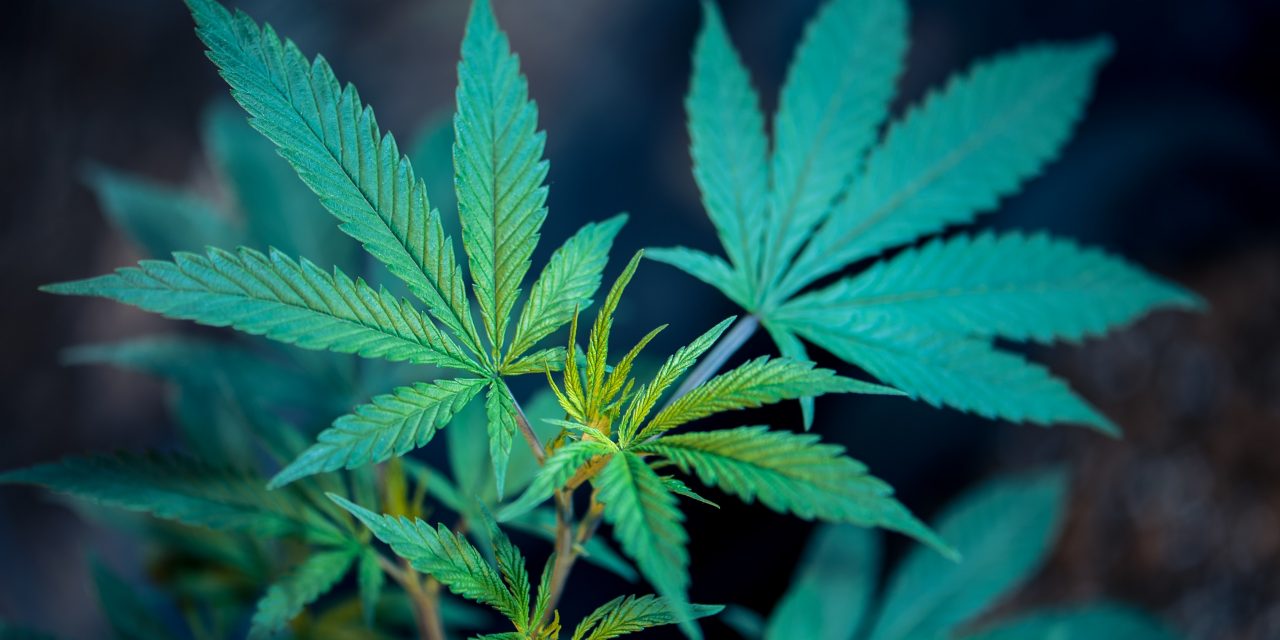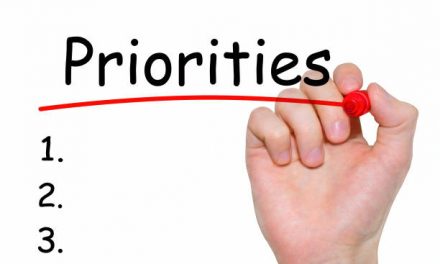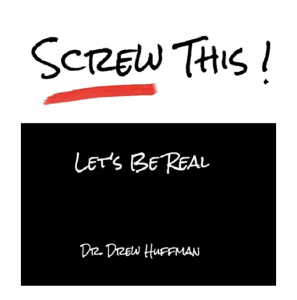In Part 1 of the CBD series, I talked about some of the downsides of CBD oil. But now you may be asking, what are the benefits of CBD oil? Should I try CBD? Is it really worth it?
As a Rheumatologist, I wanted to learn more about CBD since many of my clients have tried it. Clearly, CBD oil is getting a lot of attention, so it’s something health care providers need to be aware of. Here’s what I’ve discovered:
A LITTLE BACKGROUND ABOUT CBD:
- CBD is one of the many compounds known as a cannabinoid.
- Cannabinoids come from the cannabis plant. The plant is very complex with over 400 chemical entities of which more than 60 are cannabinoid compounds, some with opposing effects. Until recently, the best-known compound was THC, which is also the most active component in marijuana.
- The cannabis plant is typically referred to as either hemp or marijuana, depending upon the amount of THC it contains.
- Growing either hemp or marijuana was illegal until 2014. In 2014, the Agricultural Act legally distinguished hemp from marijuana based on the percentage of THC.
- ‘Hemp’ was defined as a plant or product that contains less than 0.3% of THC, whereas ‘marijuana’ contained 0.3% or greater of THC.
- So, marijuana contains both CBD and THC, whereas CBD, by law, must contain less than 0.3% of THC.
WHY DOES THC GET ME “HIGH” AND CBD DOESN’T?
The first thing to understand is that current research has discovered two receptors in our bodies, CB1 and CB2. CB1 receptors are located in our brain and spinal cord. CB2 receptors are located throughout our bodies. (As an aside, a receptor in our body, generally speaking, starts or stops a physical reaction when something binds to it—such as the release of hormones, serotonin, etc.)
THC, the primary component in marijuana, likes to bind to the CB1 receptor. This receptor is primarily located in our brain and spinal cord, and activation of the CB1 receptors affects coordination, movement, emotions, mood, thinking, appetite, and memory. Activation of the CB1 receptors is responsible for creating the “high” feeling that people talk about with the use of marijuana.
CBD does not bind to CB1, so, taking CBD doesn’t elicit the same “high” feeling that THC does, and at this time it is reported to be non-addictive.
CBD does not bind to any receptor that we know of but does appear to have some role in activating our Endocannabinoid System (ECS for short – please see the first post on CBD for further explanation). The activation of the CB2 receptors is strongly associated with the immune system and inflammation.
CBD has also been shown to have some impact on other processes as well, although at this time this is less clearly understood.
SO WHAT DOES CBD HELP?
After reviewing the literature, what I can tell you is that there are many conditions where you can see the benefits of CBD oil. What I can’t yet give you is definitive proof that CBD benefits many of the conditions that are reportedly improved with CBD.
We are, however, certain that CBD is helpful in two childhood epileptic (or seizure) disorders: Dravet Syndrome and Lennox-Gastaut Syndrome.
CBD oil has been shown in other studies to be helpful in multiple disease processes (listed below). Unfortunately, as the saying goes, “more studies are needed to confirm the results.”
So, CBD, in addition to seizure conditions, has been shown to be helpful in the following conditions:
Inflammatory and Neuropathic (Nerve) pain
Sleep disorders (falling and staying asleep)
Parkinson’s disease
Huntington’s disease
Glaucoma
Diabetes
Obesity
Heart disease and elevated cholesterol
Brain health
Thin bones
Skin
Anxiety / Depression
Here’s a link to another article that cited the reported benefits: The Ultimate Guide to CBD
I did check for a comprehensive review on the medical library site but only found isolated studies and no one article that addressed all the reported uses.
SO, HOW QUICKLY WILL I SEE THE BENEFITS OF CBD OIL? HOW LONG WILL IT LAST?
This is ALWAYS the answer I want to know first. As I often say, we live in a world of “If I can’t have it by yesterday, I don’t want it!”
So, if you are using CBD sublingually, it will have absorption like anything else we ingest (about twenty minutes), and it’s effects typically last between 2-6 hours.
CBD is totally eliminated from your system in 3 to 15 days, dependent upon several factors.
CBD is fat-soluble so the leaner you are and the more you exercise, the more quickly the effects of CBD will wear off. . . . No, this does NOT mean we should gain weight and not exercise, lol.
WILL IT WORK FOR ME?
I think the answer that anyone should get to this question is . . . ‘maybe.’ I can tell you that in those I treat for arthritis, I have had just as many people try it who got zero benefits as those who think it’s great. Perhaps it’s the product they used, perhaps it’s the dose, or perhaps they are just what we docs would call a ‘non-responder’. . . who knows? At this time, we simply can’t predict who will be a ‘responder’ and who won’t.
THE BOTTOM LINE – DO I THINK CBD OIL IS WORTH TRYING?
Ya know, I’m a big fan of #LiveYourValue. . . get a healthier head, make healthier choices, and we’ll be healthier peeps. And although I’ve seen several who got no benefit, I’ve also seen many people who’ve seen the significant benefits of CBD oil. I think it’s like everything else really. Every BODY is different and unfortunately we’re not always sure what’s going to work (or not work) for our body until we try it.
The one issue I have with CBD is the same issue that everyone else has with it: How do I know I’m getting a safe, reliable CBD product? Unfortunately, without it being regulated, we can take the steps that I posted in Part 1 of this series, but the fact is, it’s hard to know. In Part 3, I talk more about dosing and 5 questions to ask before buying a CBD product.
Photo by Roberto Valdivia on Unsplash










